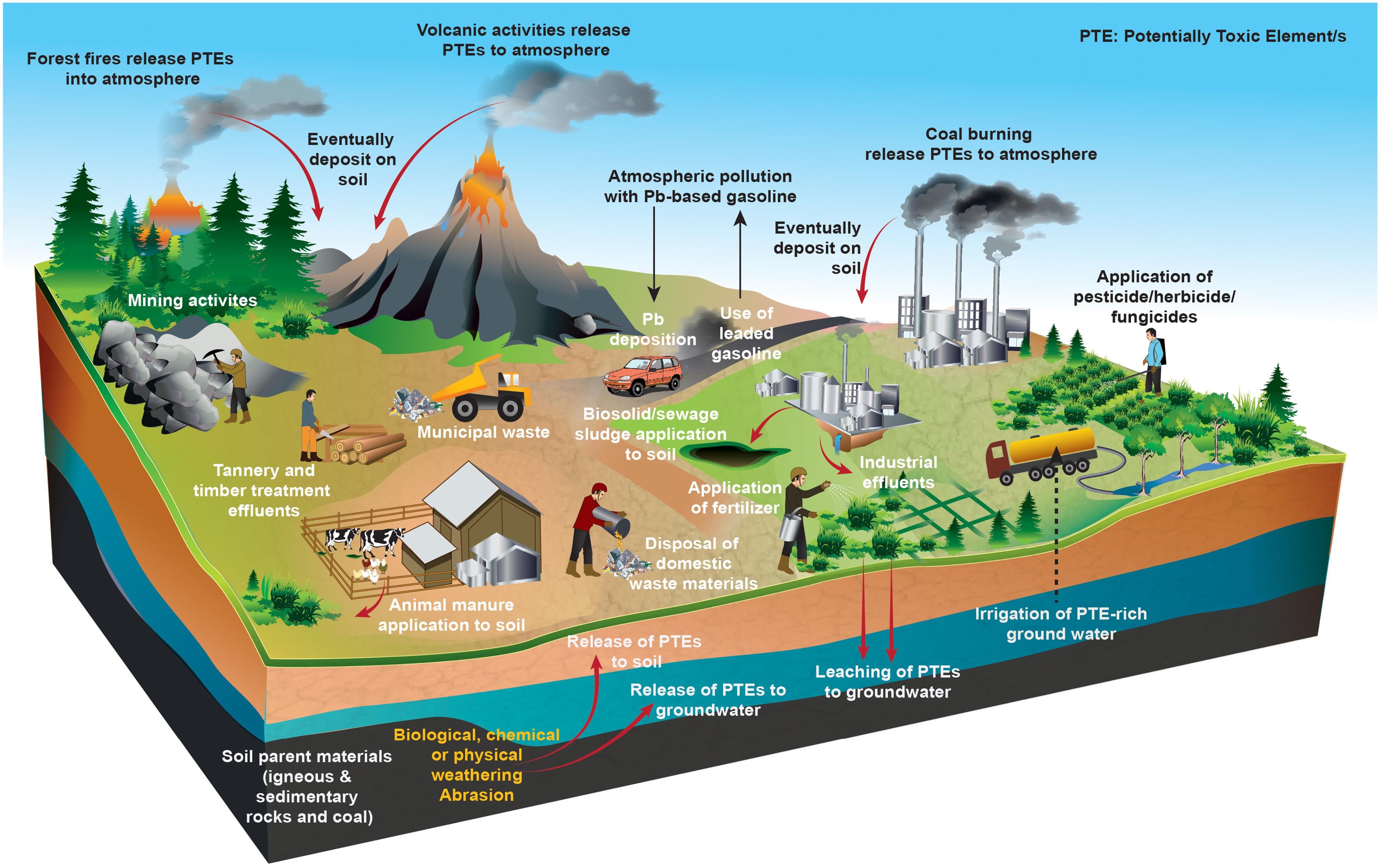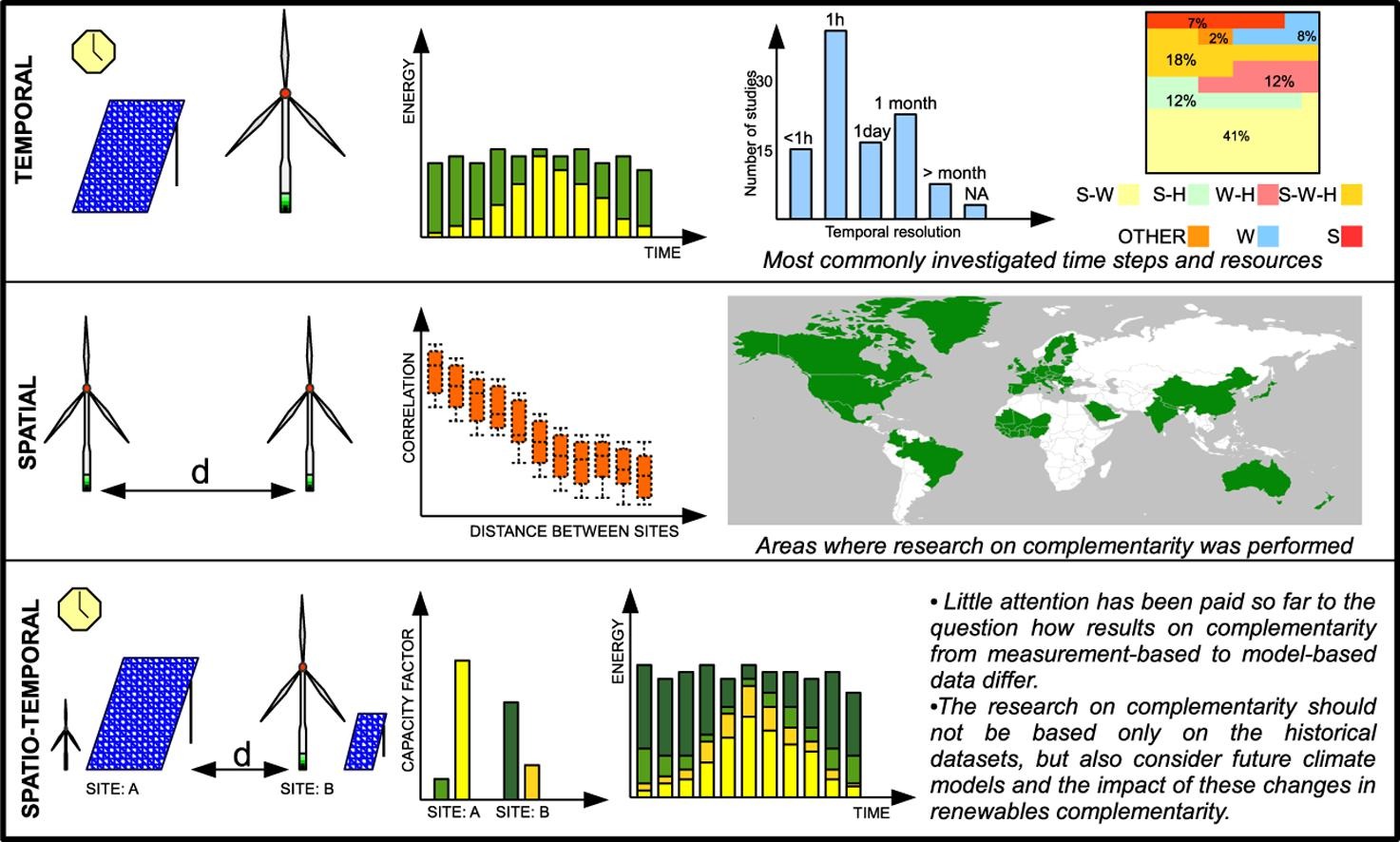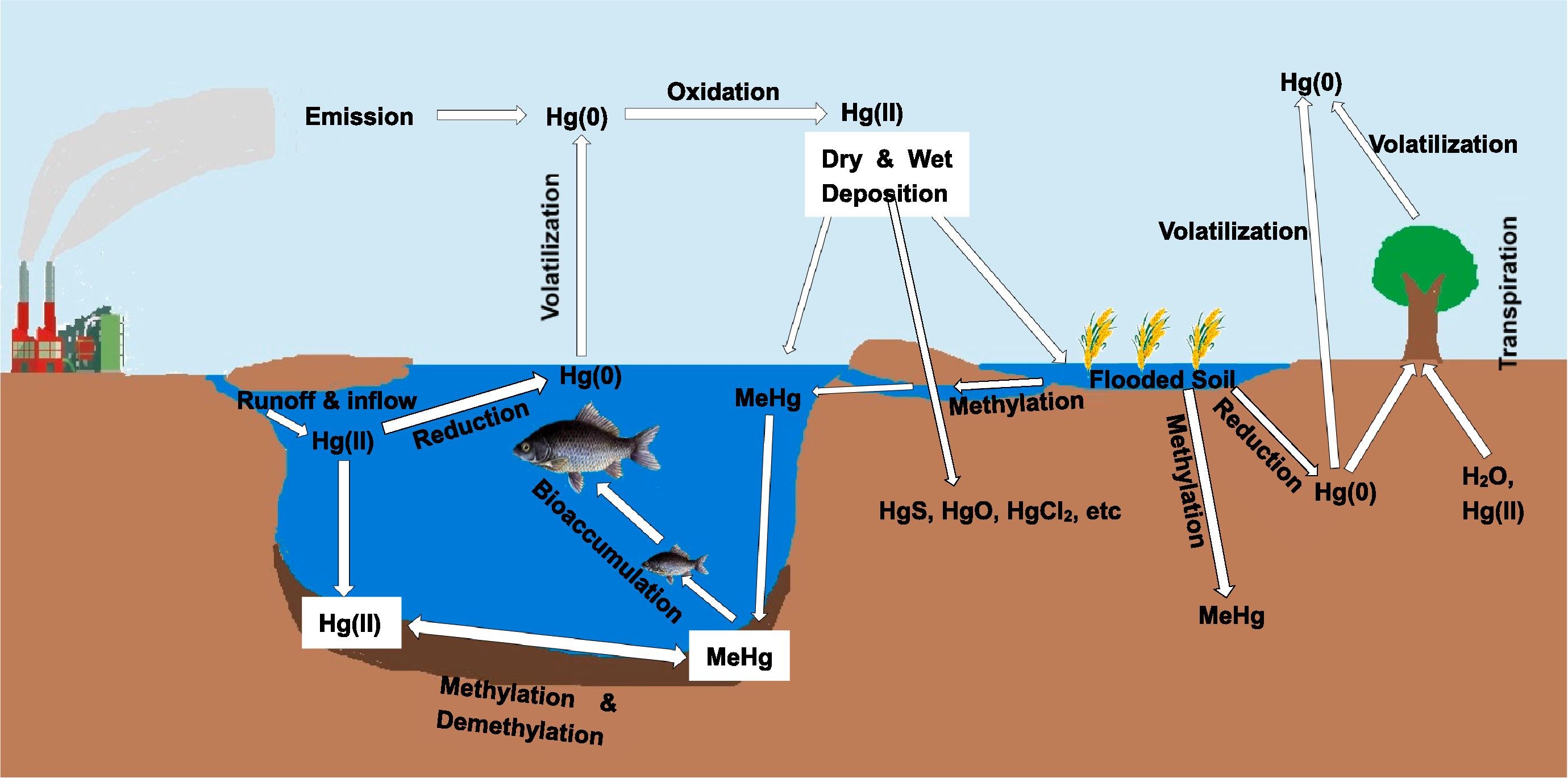Circular economy strategies seek to reduce the total resources extracted from the environment and reduce the wastes that human activities generate in pursuit of human wellbeing. Circular Economy concepts are well suited to the building and construction sector in cities. For example, refurbishing and adaptively reusing underutilized or abandoned buildings can revitalize neighborhoods whilst achieving environmental benefits. Cultural heritage buildings hold a unique niche in the urban landscape.
The UN 17 Sustainable Development Goals (SDGs) and the 169 targets have been considered in multidisciplinary approaches worldwide. Whereas, several environmental, economic and social development concerns have been covered by the UN 2030 Agenda. The aim of this research is to investigate the complexity of the interactions between building materials and the SDGs, in an attempt to establish a knowledge-based decision support system for policy-makers, designers and construction stakeholders regarding the implementation of 2030 agenda.
Background: Fruits and vegetables are an excellent source of nutrients, with numerous health benefits. Most consumers are not meeting the daily recommended intake of fruits and vegetables. Yet, a significant amount of fruits and vegetables that is produced is wasted. There are opportunities to recover the wasted fruits and vegetables for manufacturing value-added products to improve the sustainability of healthy diets and reduce the environmental footprint.
Mercury contamination in soil, water and air is associated with potential toxicity to humans and ecosystems. Industrial activities such as coal combustion have led to increased mercury (Hg) concentrations in different environmental media. This review critically evaluates recent developments in technological approaches for the remediation of Hg contaminated soil, water and air, with a focus on emerging materials and innovative technologies.



